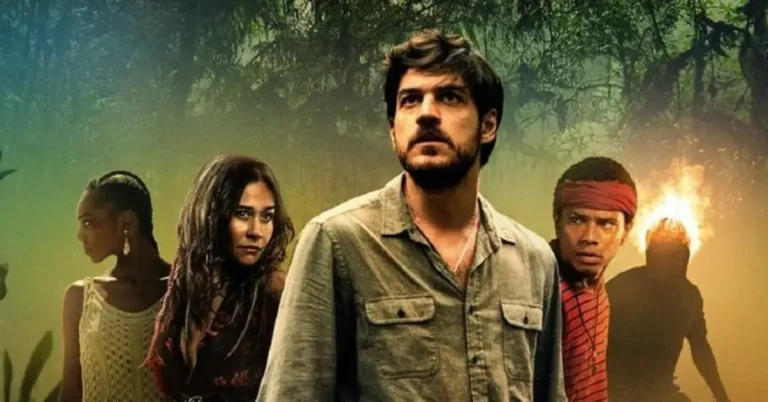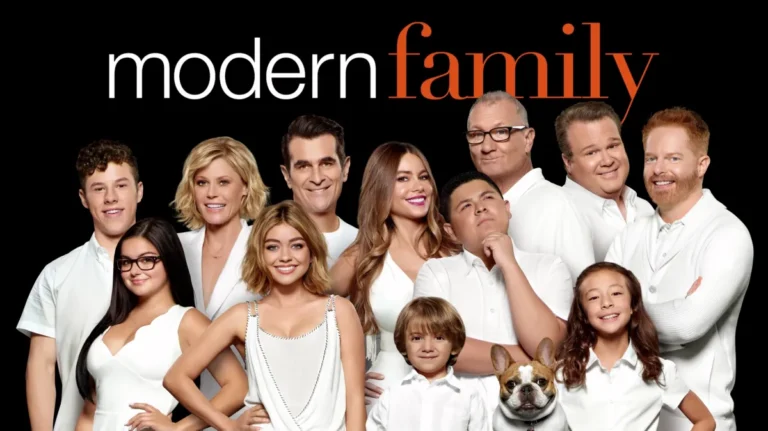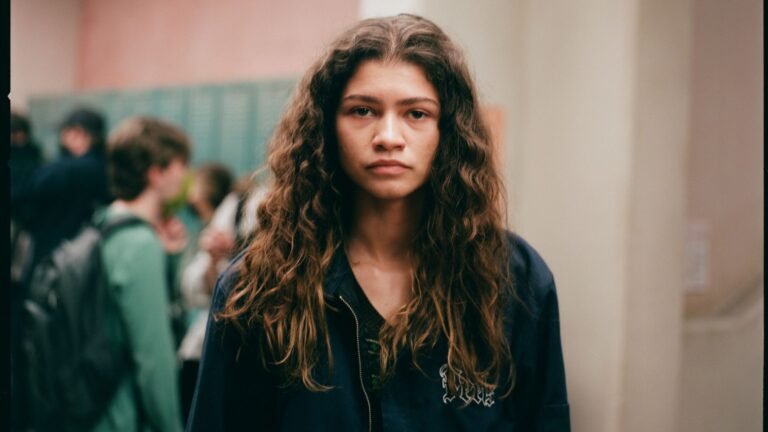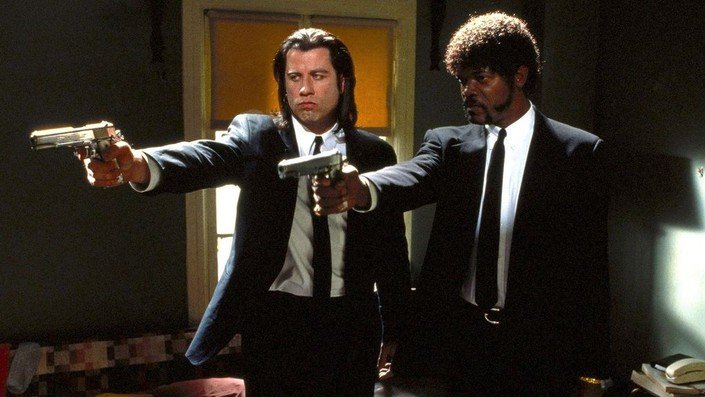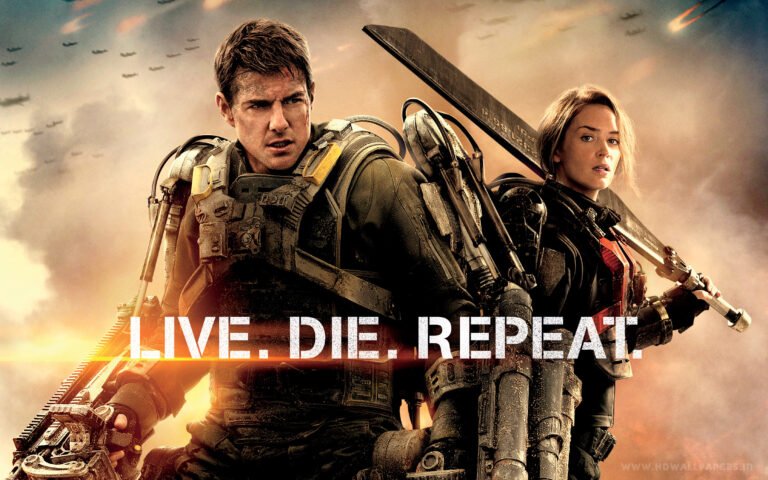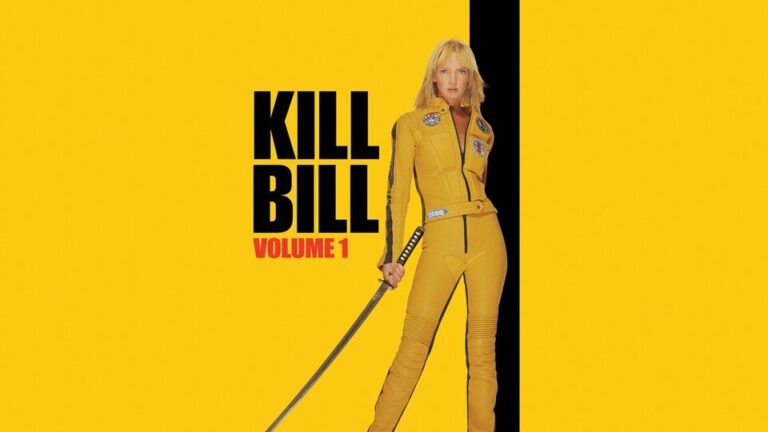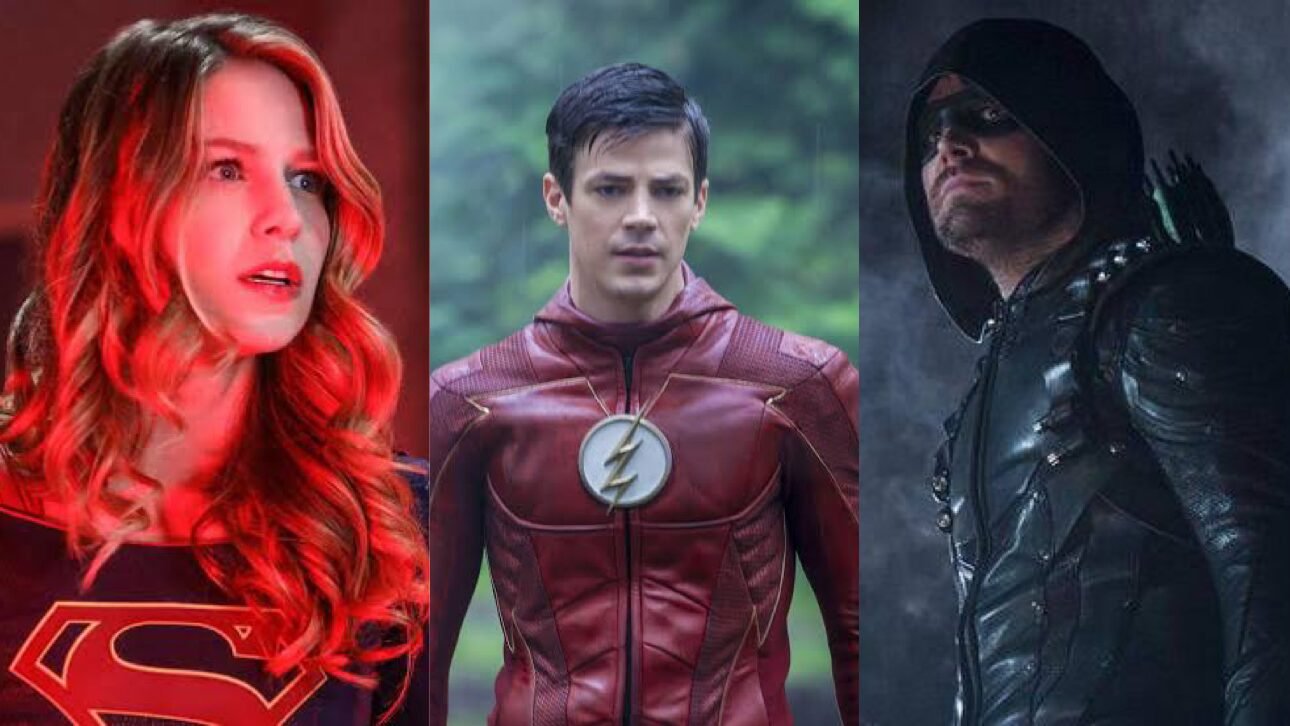
The Arrowverse, DC’s shared television universe that entertained audiences for over a decade, has officially come to an end. What began as a daring venture with the 2012 premiere of Arrow quickly transformed into a sprawling franchise with hit series like The Flash, Supergirl, and Legends of Tomorrow. However, this once-promising universe concluded on a disappointing note, leaving many fans questioning how it all unraveled so fast.
The Arrowverse’s Peak: Crisis on Infinite Earths
The height of the Arrowverse undoubtedly came with the massive crossover event Crisis on Infinite Earths. This ambitious television milestone united characters from across the DC multiverse, featuring notable appearances like Brandon Routh’s Superman and Ezra Miller’s Flash. The scale was unprecedented for TV, successfully bringing a cinematic experience to the small screen.
Crisis on Infinite Earths marked a defining moment for the Arrowverse, merging timelines and characters from past DC films and series. It created a nostalgic yet fresh spectacle, proving the franchise’s ability to pay homage to the past while shaping the future.
However, post-Crisis, the once-vast multiverse was compressed into a single Earth, opening new narrative doors but also causing structural complications the creators struggled to manage.
Signs of Decline
One of the first visible cracks appeared with the Batwoman series. The sudden departure of Ruby Rose, the original lead, left the CW with a dilemma: cancel the show or recast. They chose the latter, bringing in Javicia Leslie as Ryan Wilder—a new Batwoman.
While the decision aimed for continuity, it divided the fanbase. The abrupt transition between characters, along with public disputes and internal drama, disrupted the series’ momentum.
This turbulence wasn’t limited to Batwoman. Other shows like Black Lightning and Supergirl faced their own challenges. Black Lightning ended after only one additional season, while Supergirl wrapped up controversially by revealing Kara Danvers’ secret identity—an unexpected creative turn that sparked debate.
The Pandemic and Corporate Shifts
COVID-19 dealt another blow. Season productions were cut short, leaving narratives rushed and incomplete. The pandemic destabilized production timelines and further shook the franchise’s foundation.
Then in 2022, the CW network—home of the Arrowverse—underwent a major transformation. Nexstar Media Group acquired 75% of the CW, prompting a shift in strategy and a tightening of budgets. The consequences were immediate: shows like Batwoman, Legends of Tomorrow, and Naomi were abruptly canceled, often without satisfying conclusions.
The Final Chapter: The Flash
With most Arrowverse shows gone, The Flash became the final torchbearer. It was tasked with tying up years of storylines and delivering a worthy sendoff to the universe.
In its last season, The Flash focused on the new reality shaped by Crisis. Barry Allen and his team faced a mix of threats including Despero, Godspeed, and the Negative Forces. But the emotional crux centered on Barry’s final confrontation with a returning nemesis: Reverse Flash.
The season finale wrapped up with the birth of Barry and Iris’s daughter, Nora—who would become the hero XS. This symbolic passing of the torch to a new generation aimed to leave the door open to future stories, while also offering closure to long-time fans.
Still, for many, it felt bittersweet. The emotional payoff couldn’t quite erase the years of narrative disarray and production setbacks.
An Uncertain Future
With The Flash over, the Arrowverse as we knew it is finished. Only Superman & Lois remains—and it’s been firmly placed outside the main continuity. The producers have gone to lengths to separate it from the original Arrowverse timeline.
There are unconfirmed rumors of a final crossover event that might reunite familiar faces, but nothing concrete has been announced. For now, it seems the Arrowverse is fading into DC history.
Adding to the uncertainty is the arrival of a new DC Universe under James Gunn and Peter Safran. While they’ve spoken positively about Superman & Lois, it’s unclear whether it will be folded into the new DCU or continue as its own separate entity.
Lessons from the Arrowverse
The Arrowverse’s ambitious scope was both its strength and downfall. The drive to expand and cross over stories across multiple shows eventually led to narrative fatigue and inconsistent storytelling.
Reliance on the CW was another double-edged sword. The network gave the franchise room to grow, but budget constraints and corporate shifts contributed significantly to its collapse.
The COVID-19 pandemic highlighted the franchise’s lack of resilience. Disrupted filming schedules and shrinking budgets exposed the fragility of its interconnected foundation.
The Arrowverse’s Lasting Legacy
Despite its stumbles, the Arrowverse will be remembered as a trailblazer in superhero television. It dared to bring DC’s iconic characters into serialized, interconnected narratives on a TV scale. Its crossovers, experiments, and willingness to embrace comic book storytelling changed expectations for what superhero TV could be.
The end may not have lived up to the universe’s early promise, but the Arrowverse’s cultural impact remains undeniable. For over a decade, it brought excitement, emotion, and epic superhero battles into the homes of millions.
As we close the chapter on the Arrowverse, we look ahead with hope. If future DC adaptations learn from both its successes and its missteps, there’s potential for something even greater.
Whatever comes next, the Arrowverse will remain a landmark in the evolution of superhero storytelling—and a beloved part of television history.
